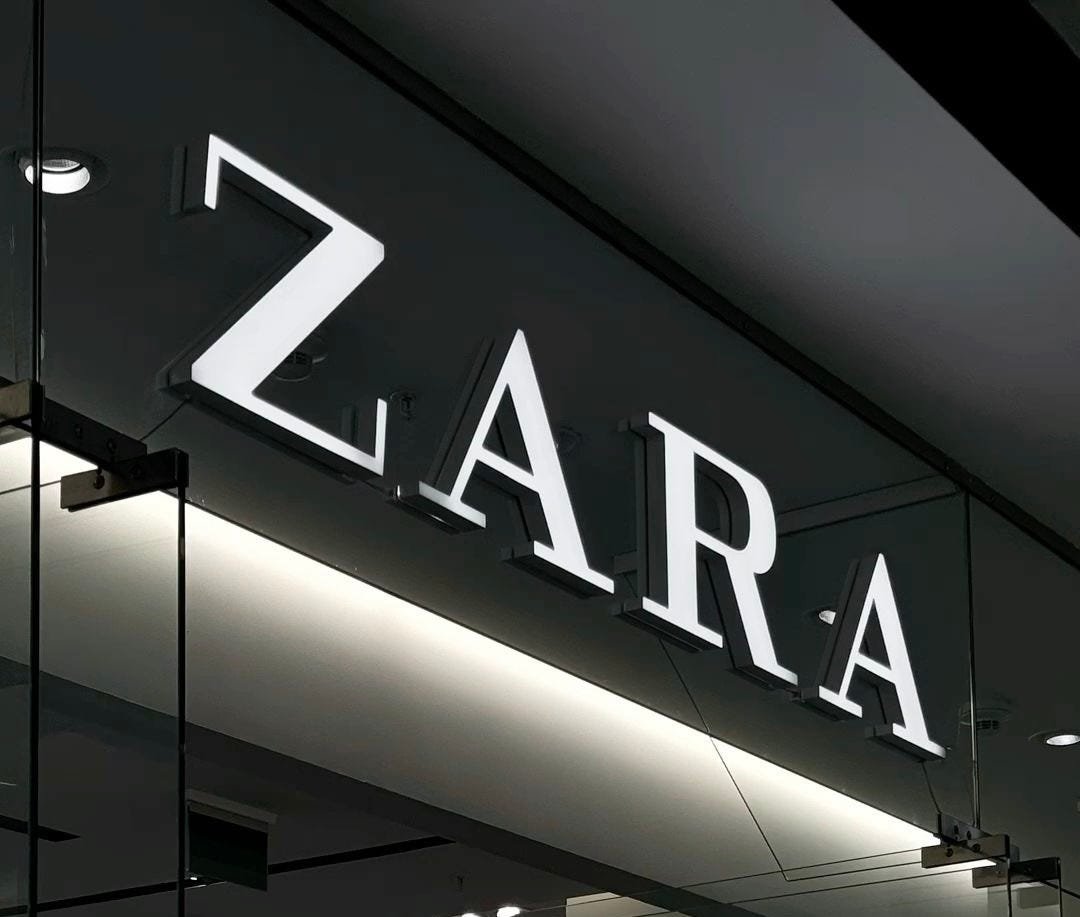The Dress That Got Away: How Zara’s Scarcity Tactic Made Me an Impulse Buyer | by Bhavana Chintha | Aug, 2025

Have you ever left a dress behind and still think about it three years later? I have.
A few years back, I was scrolling through the Zara app and saw a beautiful, flowing, floral dress. I loved it, but being the rational shopper I thought I was, I told myself, I’ll come back in a couple of days. I don’t need it right now. I was wrong. When I checked the app again, it was gone. Sold out.
That wasn’t a one-time event. It happened again and again. A shirt. Another dress. A certain type of shoes. Each time, I’d hesitate, and each time, the item would disappear, leaving me with a familiar feeling of regret.
But here’s the interesting part: this repeated cycle of loss and regret changed me. Now, when I see something I like at Zara, I don’t hesitate. I hold back. There’s an urgent, almost subconscious feeling that if I don’t get it now, I will never get it. And I’ve noticed something else, too. I liked it when people asked me for a link to particular clothing I was wearing from Zara, only for them to find out it was already sold out. It felt special and exclusive.
And that’s why, unlike with other brands where I happily wait for a sale, I feel an uncontrollable urge to buy from Zara at full price. It’s a completely different shopping mindset.
It’s not just a coincidence, it’s a scarcity marketing strategy that Zara has perfected.
Zara’s strategy is a masterclass in using human psychology to drive sales. While other brands flood their stores with massive quantities of the same items for months, Zara does the opposite. They intentionally produce smaller batches of each design and refresh their inventory with new styles often.
This creates a sense of ‘perceived scarcity’. When you see a piece you love from Zara, whether in-store or on their app, you know deep down that it might not be there next time you check it. This scarcity fuels a powerful sense of urgency and urgency sells fast. The fear of missing out kicks in, and our brains tell us to act now, not later.
Customers feel they might miss out on a must-have item if they don’t check the store or the app regularly.
And so, the next time you catch yourself impulse purchasing something from Zara, remember that it’s not just you. You’ve fallen for the same brilliant and effective strategy that turned a regretful shopper like me into an immediate buyer.


